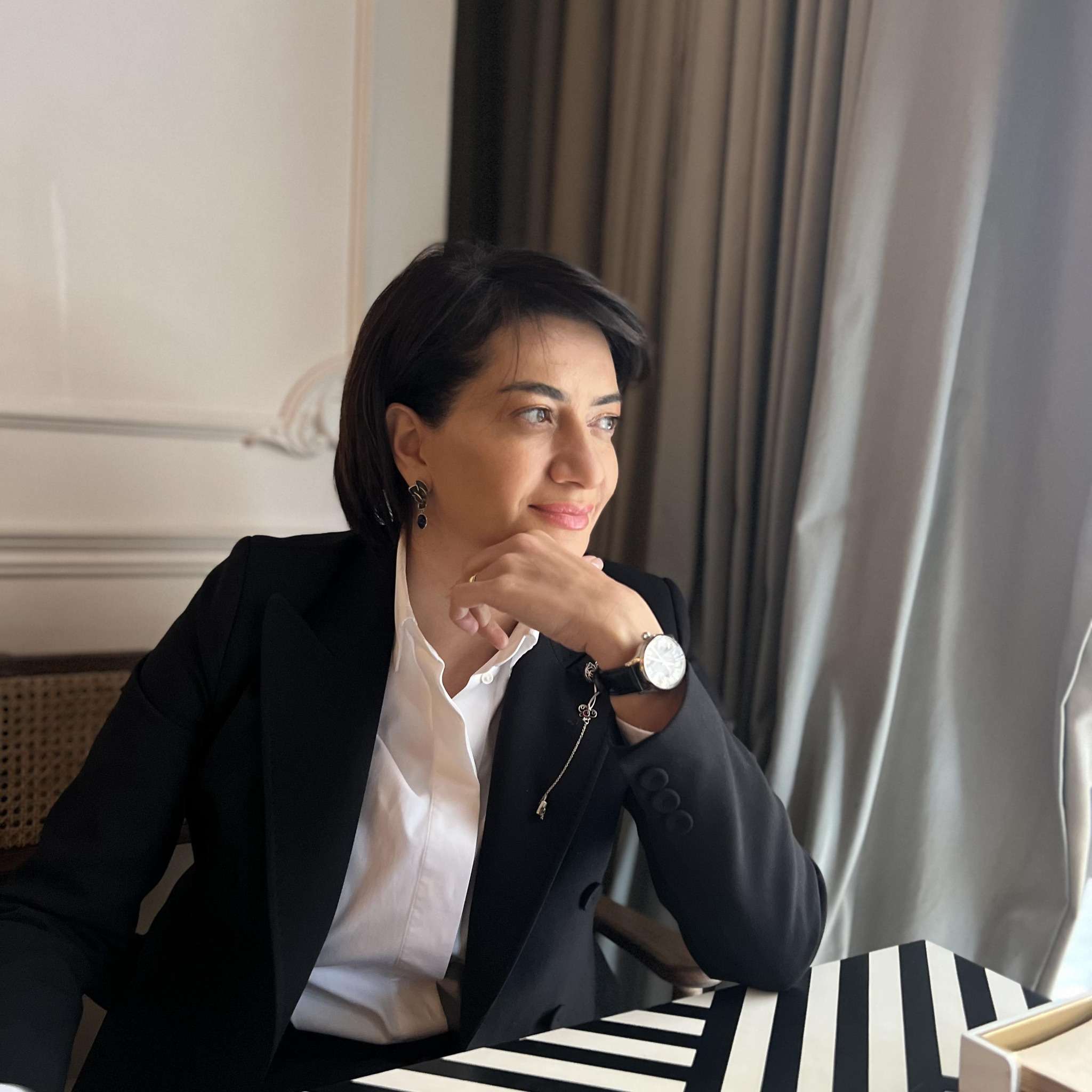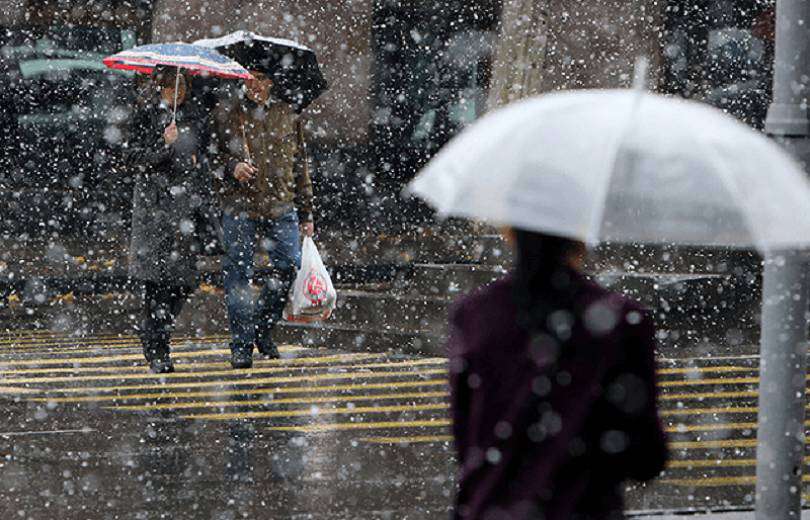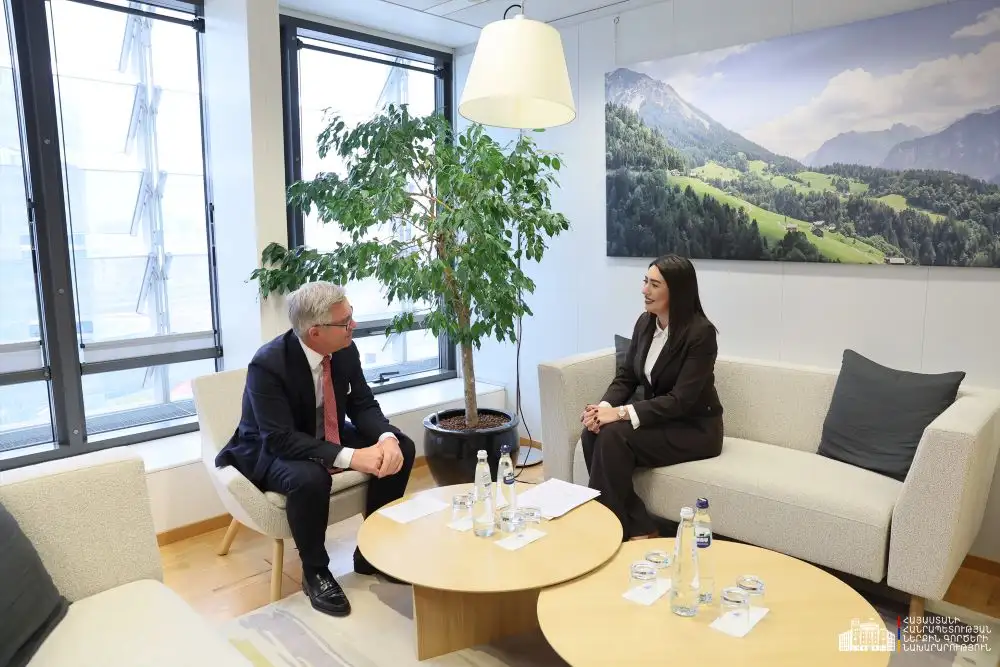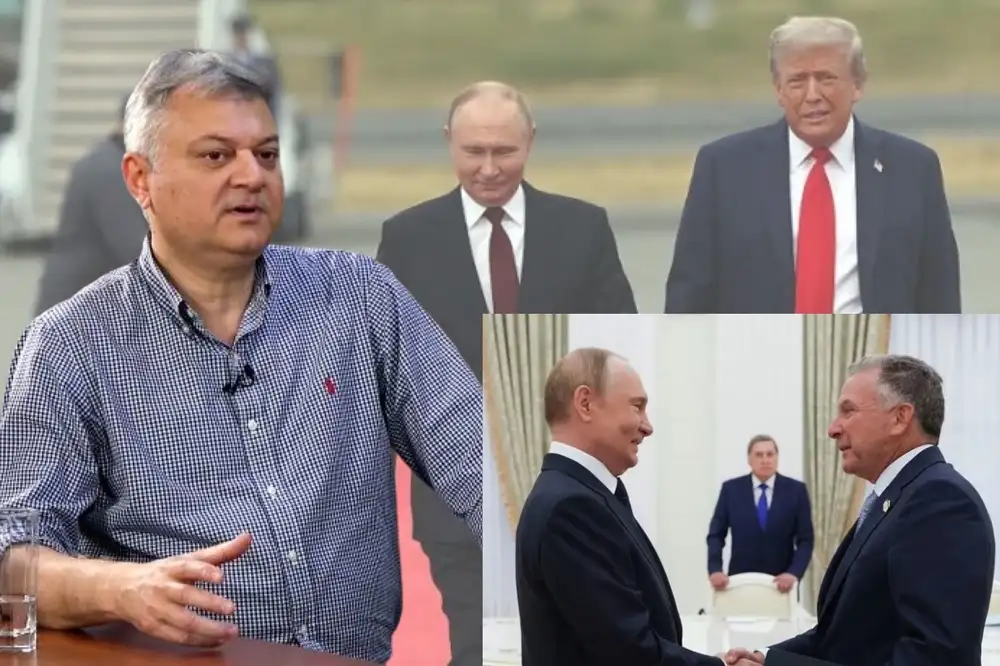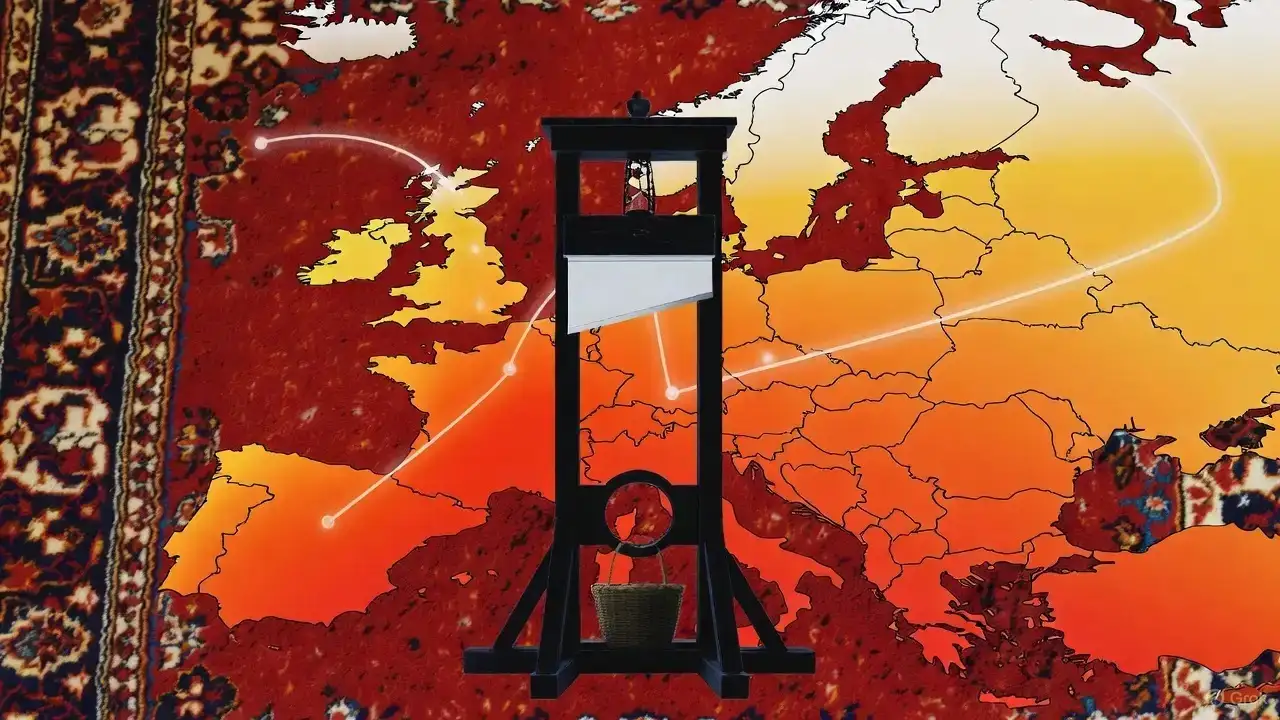RA Prime Minister's wife, Anna Hakobyan, made a speech on "Opportunities and Obstacles. the place and role of women in Armenia" during the forum.
"Dear ladies,
Greetings to all of you; thank you for responding to my invitation and accepting the offer to spend this holiday together.
Before starting our actual event, I want to stand up and send our words of love, our longing, and our gratitude to the sky, where our heroes who bravely sacrificed their lives while defending the motherland in the wars unleashed against us enjoy immortality. We love you; we are grateful to you; we owe you; we owe you a state worthy of your life; we must ask ourselves every day: what are your lives worth to us? How much do we value them, right? that the price of your life is a barely surviving, fearful state with endlessly crying and whining citizens? No, and no. A thousand times, no. The price of your life is a prosperous, developed, wealthy, successful, strong state with happy citizens. And we build that state every day with our work. Long live our heroes, and long live the Republic of Armenia.
The title of our event today is: "Opportunities and Obstacles. the place and role of women in Armenia". I have to admit that this title was born as much as a general guideline for our conversation. It is customary, isn't it, to talk about their opportunities, obstacles, equality, violence, etc., at events dedicated to women?
But then I started to think: what are the opportunities for what, obstacles for what? Why do we women want options and opportunities to do what? Or what do we want to do when we encounter obstacles?
Many people and organizations involved in protecting women's rights have the answer to this question, but we need to find and formulate our response.
My version is: we need opportunities to make ourselves and our environment better, safer, more beautiful, and happier. We need opportunities to be happy and to contribute to the happiness of others.
I want you to know that I highlighted our conversation today. And what is happiness for us? What do we Armenian women mean by joy?
For centuries, we have been taught that the role of an Armenian woman is to raise a good child, to be a good daughter-in-law for the family, and to give birth to heroes for the motherland. For centuries, the Armenian woman has been faithful to this message handed down to her from generation to generation. Please let me know if I'm wrong; I have never met a happy Armenian woman. I have not met either among my relatives, neighbors, friends or in literature. Most women I know have one hundred percent conformed to that age-old formula: child, family, good wife, good daughter-in-law. They fulfilled that role sacredly, but it did not make them happy. And all those women who tried to get out of this formula and do something else may be close to happiness, but even then, the environment did not allow them to do it. They were labeled and named.
Here another question arises. And we, Armenian women, do we want to be happy at all? This issue is overdue but, at the same time, vitally important for our country. My version of the answer is: no. We don't want to be happy. We have never faced such a problem. Otherwise, why do we continue to live that way if the age-old role does not make us happy?
We haven't set ourselves such a problem because we've been implicitly taught that happiness is for promiscuous people. A virtuous Armenian woman is a suffering Armenian woman: the more suffering, the more ethical, the nobler, the more respectful. We do not have an image of a moral and happy Armenian woman. If honest, then only tormented. If content, then only light-hearted. We have no other options. We have not even tried to combine virtue and happiness.
I would not touch upon this susceptible subject if I saw that our state, inhabited chiefly by unhappy and suffering women, was growing more vital, robust, prosperous, and victorious. Suppose I could see that men's strength, will, courage, fighting ability, and self-esteem increase from it; I could see that at least our children are happy. But no: There isn't all that. And for that, we are obliged to change our ideas about the place and role of the Armenian woman.
We must clarify why we want opportunities and will not tolerate obstacles.
Yes, I want to be happy; I want to be satisfied, first of all, for the sake of my child's smile, for the sake of the fact that he feels protected and safe, for the sake of the fact that I do not blacken his dull world. I want to be happy for my husband's and my family's happiness. I want to be satisfied for my country and people's sake.
I want to be happy for myself.
And what is happiness for me?
For me, happiness is love—a feeling around which everything is built. Happiness is bearing that love, giving it to and receiving it from others. And Love is a living phenomenon; everyone knows that. It is necessary to take care of it, to grow it constantly. Otherwise, it will wither and die. When an Armenian woman directs her love and cares only to her family members, children, husband, and mother-in-law, that love and care change its nature at some point because the children grow up, the elders die, and the husband is always at work. in
As a result, the love in the heart of an Armenian woman who only "serves" the family not only does not grow but eventually begins to dry up at some point and either dies or remains in the heart of that woman, turning the once beautiful and flighty girl into an unhappy and evil creature. :
But that same Armenian woman can extend her love and care to hundreds and thousands of other people besides family members. For example, he can be a police officer and express his love and care by maintaining public order and making the streets, homes, and yards safe and secure for his family, neighbors, and community members. Or he can become a paratrooper and express his love and care for the people he will save or help. Judge: hundreds of righteous verdicts saved lives. A doctor: thousands of healed people, a hairdresser: thousands of beautified people; a musician, an actor, an artist: thousands of softened hearts, a deputy: the voice of hundreds of citizens in the parliament, a minister: a change in the quality of life of thousands of people, a soldier: peace and security of thousands of people.
And everyone will benefit from this, but first of all, the family members because the love in the heart of their mother-daughter-in-law will never fade; it will be in constant motion along with the blood.
I don't remember long ago when our state and the people there were happy. Perhaps molecules of happiness danced in our atmosphere for a short period only after the revolution of 2018. A process that was possible because women participated in it equally with men. Building a happy stroll state will be possible only if Armenian women participate equally with men.
We are obliged to irrevocably throw away the image of a noble and suffering Armenian woman. It costs us too much. We must be happy and bring happiness.
Thank you," the speech said.




